Malcolm Guite, acclaimed poet and academic, has written a masterful new biography of the poet Samuel Taylor Coleridge. Mariner covers the full scope of Coleridge’s tumultuous life with a clarifying view not only of his milestone achievements and devastating downfalls, but also of the profound influence made by his sustaining Christian faith. This is an extraordinary book from one of the most gifted poets of our own times. Captivating and full of luminous insights, it bears reading more than once.
Keeping Company with Coleridge
LES: Malcolm, you have talked with me before about ‘keeping company’ with many poets, both living and dead, and keep in close communion with several in addition to Samuel Taylor Coleridge. What drew you to do this work specifically?
MG: I was always felt a strong personal empathy and connection with Coleridge, his enthusiasm, his passion for nature and for language, his unstoppable eloquence in conversation, but most of all his vision, his awareness of God’s presence, light and love glimmering and whispering through the beauty of the world – all these qualities drew me to him. And paradoxically these qualities seemed even more attractive because he was so obviously a flawed and wounded man, who did not hide his flaws or pretend to righteousness that was not his, but simply engaged in the struggle alongside the rest of us, the walking wounded.
LES: As a recovering addict and alcoholic as well as being a writer, Mariner hits very close to the bone for me. You have managed to seamlessly incorporate many of the 12-Steps from AA throughout this account in a way that not only sheds new light on how these principles were being worked in Coleridge’s life but even a new light on the steps themselves and how elemental they are in the life of someone reaching for recovery. What drew you to incorporate these into your narrative and what do you hope your readers will draw from it about the process of recovery from addiction?
MG: I have a number of friends in the recovery community, some of whom have shared with me how deeply the 12-Steps have informed and strengthened their lives, and all of whom have had a wisdom and humility which has been the fruit of their struggle and submission. When I came to read Coleridge’s letters and notebooks I saw that he himself had been walking this path, through many of the same steps though they were not then named as they are now. I chose therefore, just occasionally and discretely to borrow the language of the twelve steps in describing Coleridge’s own path, so that my readers who know that way would recognise Coleridge as their companion on the journey and be encouraged. As I say, I did this very discretely and I wasn’t sure if anyone would pick up on it, but I have been deeply moved by the number of people, including your self, who have seen this strand and told me how encouraging they found it. One friend, whom I’d known awhile but who had never shared that side of his life, came to me after he’s read the book to talk about it, and we had one of the best conversations of our lives and moved the friendship on to a new and deeper level.
Climates & Conditions
LES: How did your own life conditions as you were writing this manuscript shape and influence the book we now read?
MG: I was fortunate to have a term’s sabbatical to get myself deeply immersed but the actual writing and revising was done in the midst of many other things, just as Coleridge’s was. Indeed the example of Coleridge’s many heroic, and not always successful efforts to meet publisher’s deadlines is one of the things that kept me going. I was also very fortunate to have a good friend who was willing to act as Amanuensis and take notes as I dictated the sections of each chapter. We kept regular diary appointments, for which of course I needed to be prepared and ready, but having those appointments kept me going and made the whole thing much more feasible. Coleridge ‘discovered’ some of his own best ideas whilst explaining what he thought to a willing listener – indeed that is how the collaboration with Wordsworth started – and I share that conversational propensity with Coleridge – so I think this book has been much improved by the fact that I was pacing excitedly up and down telling it to my friend Judith, rather than just hunched over a lonely keyboard.
LES: Did you find writing this manuscript to be a burden or did it give you something new by way of revelation or of validation?
MG: The act of speaking my thoughts out loud to an interested and intelligent listener was itself a way of discovering for myself more of what I thought and understood. I think two strong ‘revelations’ that came to me over the writing process were first the depth of Coleridge’s inner prayer life, both in anguish and in joy, how intimate and constant was his conversation with God, and second the marvelous way in which all his thoughts and insights, so many of which emerged in the midst of personal tragedy and chaos, are nevertheless internally consistent, beautifully related and build gradually towards a coherent vision of the world as an exchange of love and meaning – what Coleridge called ‘my dynamic or communicative philosophy’.
Theology of the imagination
LES: You use the word “redress” in two of your most significant works – Faith, Hope, and Poetry and Mariner. Why have you given such lavish effort to redress the situations you have identified in these two books? Why does it matter to redress the imbalance of reason separated from imagination?
MG: I think Philosophy took a false turn during the course of the enlightenment as a result of which most people in the ‘developed’ west actually have a false and shrivelled view of reality: we are squinting at it through one eye instead of contemplating it with two. The false view is that only material things and quantities have ‘objective’ existence and that all things spiritual, all ‘qualities’ and all the ‘inner’ experiences of love, beauty and meaning, and the apprehension of God himself, are ‘merely subjective’. The result is that people suffer and despair. They are deprived of faith and of the whole realm of spiritual wisdom because all these things are assumed to be less than fully real. They suffer from what CS Lewis called ‘The poison of subjectivism’. Now it requires both a keen exercise of reason and the full recovery of the insights of imagination to redress this imbalance, this crisis of meaning, for as Lewis also said ‘Reason is the natural organ of truth, but imagination is the organ of meaning’. Coleridge is a key figure for this recovery. He saw the need for it then and laid the philosophical foundations for a resistance to mere materialism, and I still see the need for it now. Almost all my writing in one way or another is directed to that end, to giving people back the confidence and comfort in their Spiritual lives which was stolen from them in the so-called enlightenment.
LES: What is the distinctive about poetic imagination? How is that different from imagination in general? Why did this matter so much to Coleridge and why does it to you?
MG: The Poetic Imagination, as opposed to mere ego-driven fantasizing (what Coleridge called ‘Fancy’) operates at the deepest spiritual level and is rooted in the imago dei, God’s image in each of us. ‘Poetic’ derives from the Greek word for making, so the poetic imagination is ‘the makers imagination’, and it is the gift whereby we imaginatively shape our perceptions of the world around us in the same spirit as our Creator, shaping our work organically from within, rather than mechanically from without, offering it the freedom and room to grow and become itself. As Tolkien says, ‘we make still by the law by which we’re made’ and as Coleridge says, our Primary imagination is ‘a repetition in the finite mind of the eternal act of creation in the infinite I AM’.
LES: I am captivated by the idea you present in the introduction to Mariner about the role of the poetic imagination serving to “hold open for us a shape or a space we have yet to grow into.”
Coleridge writes about what he calls ‘sacred power of self-intuition’ in Biographia Literaria:
“They and only they can acquire the philosophic imagination, the sacred power of self-intuition, who within themselves can interpret and understand the symbol, that the wings of the air-sylph are forming within the skin of the caterpillar; those only, who feel in their own spirits the same instinct, which impels the chrysalis of the horned fly to leave room in its involucrum for antennae yet to come. They know and feel, that potential works in them, even as the actual works on them.”
The way he is using the word ‘intuition’ here is not exactly the way we use it today. Why does Coleridge call it the sacred power of self- intuition? What does the word ‘intuition’ mean to Coleridge? Why is it sacred?
MG: Intuition or apprehension for Coleridge means the insight that our hearts sometimes know better and know more than our heads, that when our own ‘shaping spirit of imagination’ is working at the deepest level we can intuitively know truths, truths given by God, at which our human reasoning powers have not yet arrived. Coleridge thought Shakespeare was a supreme example of this, and said that Shakespeare at his best was ‘consciously directing a power and implicit wisdom deeper than consciousness’.
LES: What are markers we can look for as guides so we don’t misuse our imaginations or misread the messages of others? In other words, how can we listen wisely and not be led astray? How do we tune our ears to hear what is Good, True, and Beautiful around us even when it is not labeled or sanctioned by the Church as Christian? What is the safety valve for Christians to engage with Imagination?
MG: Coleridge makes a helpful distinction between ‘Imagination’ and ‘Fancy’. By Fancy he means our capacity to build up little fantasies to suit ourselves and maintain for ourselves perhaps a private lie, rather than doing the deeper work of imagination which is to apprehend God’s truth. So, I think we must always be asking of any work of the imagination, does it sustain and is it sustained by Goodness beauty and Truth. Of course, this doesn’t mean that it can’t face and deal with terrible things, with all that is contrary to beauty truth and goodness, as for example Tolkien does so powerfully in his account of Sauron and the ring-wraiths, and as Coleridge does in the figure of the ‘Night-Mare Life-in Death’
I think what we need is not so much a safety valve as a plumb-line, a measure of truth and integrity in our making by which we can discern and correct what is false.
LES: Malcolm, we share a long-standing interest with the etymology of individual words and trace depths of meaning in words to understand their significance and agency. The word ‘poiesis’ is a word we share a particularly deep interest as it is the word from we have drawn our word for poetry. In the original Greek poiesis meant “to make” and “to bring into being.” It was a verb that meant transformation and continuance. It also had a fascinating meaning of reconciling thought with time and matter. How does Poiesis act as an agent of reconciliation between man and the created world?
MG: As I have mentioned earlier, the root of poesis is explaining what is meant by the poetic imagination. The key thing to understand here is that ‘reconciliation’, the great work of Christ, is not just an aspect of redemption, but an essential part of creation itself. All great works of art involve a reconciliation or balance and creative tension between apparent opposites, Light and shade in paintings, sound and silence in music, clarity and mystery in poetry and it is from that balance and tension that their power derives. When Lewis, in his great poem ‘Reason’ called for a reconciler he was looking for Artistic as well as Personal reconciliation, ‘who will make a concord of the depth and height/who make imagination’s dim exploring touch/ ever report the same as intellectual sight?’ The answer to that question was not only Christ the Redeemer, but also Christ the Divine Artist, and Christ himself the Divine Art: the Word made Flesh.
“All great works of art involve a reconciliation or balance and creative tension between apparent opposites.” ~ Malcolm Guite
The power of place
LES: Physical geography plays a very distinct role in Coleridge’s life, and in Wordsworth’s. This always reminds me of C.S. Lewis’s notion of “donegality” – the unique essence of a given place. You write the influence of geography throughout Mariner, but very poignantly in the chapter “Instead of the Cross, the Albatross.” These two sentences are full of implications about the power of place.
“Once back in his own deeply nurturing rootedness in the North, Wordsworth was becoming surer of his vocation and more and more certain of his range and power as a poet. By contrast, Coleridge was pulled in all directions; Wordsworth urged him to come North with his family; he countered in his letters and begged the Wordsworths to return to the West Country, each poet perhaps secretly knowing that they could only flourish best in their own place.”
In The Everlasting Man, G.K. Chesterton wrote: “There are two ways of getting home; and one of them is to stay there. The other is to walk round the whole world till we come back to the same place …” This statement by Chesterton seems to sum up the whole of Coleridge’s journey. Coleridge seemed to walk around the whole world of sensory experience and the spectrum of human relationships to then find his way full circle and coming home to himself. I wonder how familiar Chesterton was with Coleridge’s life and if Coleridge’s work influenced Chesterton’s thinking. How has specific geography influenced you as a writer and the power of place worked itself into your way of thinking?
MG: Chesterton will of course have known Coleridge’s poetry and I expect some of his prose, and you are right that Chesterton’s comment applies beautifully to Coleridge, but that may be because it’s one of those great Chestertonian insights that is universally true. It is certainly true that Coleridge responded very powerfully to place. I prepared for writing this biography by staying, working, and walking in as many Coleridgean places as possible and it certainly gave me new insights into his work. To make the walk from Porlock, up past Culbone church to the farmhouse where Coleridge wrote Kubla Khan is to enter deeply and anew into the ‘deep Romantic chasm’ and many other images in the poem.
I also respond strongly to place and feel that every place is its own unique and particular witness to the Divine beauty. That is why a whole section of my book ‘The Singing Bowl’ is called ‘Local Habitations’ and contains poems about particular places. I also like to reflect on very specific places in my weekly column ‘Poet’s Corner’.
LES: Taking your reader through The Rime of the Ancient Mariner, you have created a vivid account of Coleridge creating a work of art beyond his own understanding at the time he wrote it and then that work of art was worked through him over the course of his life to make a work of art of him. That process reminds me of Winston Churchill’s famous statement: “We shape our buildings and afterwards our buildings shape us.” Is that one of the markers defining “Art” as distinguished from ‘hobby’ – that the work of making the Art is transformative and makes a greater work of art out of the artist themselves?
MG: Yes absolutely. A true work of art will contain wisdom and insights of which the artist himself or herself was not fully conscious, all the words and images we use are older and wiser than we are, and great art arranges them in such a way that their wisdom becomes newly available to all who come to the art with open eyes and ears, including the artist themselves.
Creative Reversal and the Veil between Worlds
LES: I want to touch on something here, Malcolm, that you mention in the introduction to Mariner. “Throughout our reading of this poem we must have this sense of expansion; of height, of depth, of unrealized potential, of being more and more in touch with invisible realities glimmering through the visible.” Is there something more than “the Film of Familiarity” that forms the veil between worlds? What draws us always to the ‘invisible realities glimmering through the visible’?
MG: All wisdom begins with humility, and the essence of humility is to recognise that there is always more to everything than we, at any given moment, can see or understand. We don’t have it taped, we don’t have nature securely in the boxes of our science and we don’t have God in a box either. He is not a tame lion. There is always more, more to glimpse, more to learn. That is why the modern reflex of ‘reductivism’ is so false. Now Coleridge’s insight was that the invisible realities are not only material things in this world which are really present but which we don’t see, like microscopic creatures, or sound, or electricity, the invisible realities are also coming to us in or through material things but from beyond them, just as my thoughts, which are of a different order of reality from the words on this paper, nevertheless come to you through the words on this paper, even though the thoughts, in themselves have no material form, they are nevertheless available to you in and through these material things provided you have eyes to see and ears to hear.
LES: In your talk about Coleridge given for the Temenos Academy in 2015 you said, “To make the inner outer and outer inner is the essence of artistic genius in the fine arts.” Why does the act of creative reversal have such power and what makes that reversal of seeing possible for the artist?
MG: I’m not sure it’s a reversal, so much as a continuous dynamic exchange back and forth. For example, look at the very first psalm. The psalmist has the insight that an outward and visible tree planted by the water is like a righteous man before God. The outer tree has given the poet true spiritual insight, but because of that psalm I can now see an inner quality in the tree itself; when I see a tree planted by the water, the insight from the psalm enhances my perception of the tree itself, and now this particular tree, by the river in my village, never seen by the psalmist, teaches me particular things about what it means to stand in the presence of God refreshed by the waters of the spirit in my roots, stirred by the wind of the spirit in my branches. The outer is becoming the inner, and the inner the outer in a continuous exchange, through the channel opened in us by an ancient Hebrew poem.
LES: One of the elements that resonates with me as a reader most deeply is Coleridge’s description of his interior landscape. In Faith, Hope, and Poetry we read, “for from my early reading of fairy-tales, and genii etc., my mind had been habituated to the Vast.” What are the implications of making space and shape in our interior landscapes by exposure with our external landscapes?
MG: This follows on from our discussion of the outer and inner and what I’ve said about the psalm. Everything we have ever seen ‘out there’, every river every valley, every moon and sunrise, every mountain, every distant star, is also ‘in here’. Even as we perceived it, it became an image with which and through which we can think. What great poetry does for us is summon those images again, summon them from within us, enable them to speak and encourage us to hear them.
Foreshadowing & Framing Devices
LES: You make a concerted effort throughout Mariner to draw attention to the presence of foreshadowing in Coleridge’s life and work. The word ‘prescient’ is one you use many times along with ‘presaged’ and ‘portent’. Why is the foundation of “prophetic framing” so important in Coleridge’s life and work?
MG: We are creatures who live in time and we can experience the loss of time into the past as tragic and the unknowness of time in the future as fearful. But when we have moments of spiritual insight they are often associated with a sense of transcending time, of moments in and out of time. We have that sense because although time is experienced singly for us, all time is in God’s hands and so are we. So an experience of prescience, of foreshadowing can help us to hope and trust in God’s foreseeing providence.
LES: The way the gloss is used with the original poem seems a bit like time-travel. An older and wiser self, sharing the wisdom learned from living with the younger self not yet seasoned with experience. For the sake of readers who may be unfamiliar with the term and device of “gloss,” would you explain how and why it was used by Coleridge? Why is it called “gloss?”
MG: When Coleridge published the Mariner under his own name in 1817, twenty years after its first publication, he added a ‘gloss’, that is to say a set of marginal notes or comments to the side of the poem. These ‘glosses’ are more like a kind of parallel poem or poetic commentary rather than a straightforward explanation, but they do draw attention to the hidden presence of God in episodes where, at the time the Mariner felt utterly alone and abandoned.’
Prophetic Role of the Poet – Artist
LES: In Coleridge’s opening letter of Confessions of an Inquiring Spirit, he writes: “In short whatever finds me bears witness for itself that has proceeded from a Holy Spirit even from the same Spirit which remaining in itself yet regenerateth all other powers and in all ages entering into holy souls maketh them friends of God and prophets.” What does Coleridge mean that the Holy Spirit in all ages entering into holy souls makes them friends of God and prophets? Was Coleridge a prophet, bearing the Divine Word of God in warning and promise? Do some artists bear the same kind of role of prophets of old who were then in religiously constructed societies?
MG: Coleridge certainly felt there was a special place and status for the Canon of holy Scripture but he also believed that God the Holy Spirit is always at work in our souls offering us truth, clarity and insight, and as he says regenerating all our powers, and he certainly believed that the same Spirit which inspired the writers of scripture could also inspire holy souls and give them prophetic insight. I do in fact believe that Coleridge was a prophet in the sense that I think God raised him up as a witness against the false turn of the enlightenment and inspired him to speak a counter-truth which we are only just beginning to hear. I think he was also, like all of us a flawed and wounded sinner and that not everything he wrote in equally ‘prophetic’, nevertheless God has vouchsafed through him insights we definitely need to hear today.
Coleridge & Lewis
LES: One of my very favourite scenes in the entire Narnian Chronicles is in The Voyage of the Dawn Treader. It is when the white albatross appears coming out of the roiling dark sky to Lucy when she is most afraid and whispers to her, “Courage, dear heart.” I’ve gone back to it at least a hundred times myself and know many, many other people who have done the same. The nod from Lewis to Coleridge and the Ancient Mariner is very vivid here. George MacDonald was very familiar with Coleridge and deeply influenced by him; in turn MacDonald was himself a profound influence on Lewis. The first point of reference to Coleridge in MacDonald’s work is in Phantastes which is the book Lewis famously credits with his imagination being baptised. To what degree do you think Lewis was directly familiar with Biographica Literaria and influenced by Coleridge’s theology of imagination beyond the first encounter with it through MacDonald?
MG: Yes, Lewis was directly familiar with Biograhia Literaria and quotes it in a number of his works, and he also got great insight into Coleridge from Macdonald and from his friend Owen Barfield. Lewis was I believe strongly influenced by Coleridge’s theory of imagination and also saw Coleridge as having a particular ‘mission’ to rescue England from reductive materialism. Indeed in a poem about Coleridge he uses imagery that is reminiscent of the scene he would later write about Aslan waking up the statues in the Witches court:
‘One who restored our faculty for awe,
Who rediscovered the soul’s depth and height
And pricked with needles of eternal light
An England at that time half numbed to death
With Paley’s Bentham’s Malthus’ wintry breath’
Healing agents ~ Community & Friendship
LES: Two of the issues you address throughout Mariner are the dual realities of isolation in Coleridge’s life and lifelong engagement in friendship. The isolation caused by his severe bouts of depression, his struggle to stay present in key relationships, and then his addiction itself took a terrible toll on him in every way as well as on those who loved him. Yet one of the elements that shines brightest in Mariner is your portrayal of his enduring inclination to community. The humility that he gained through his harrowing experiences allowed the extraordinary genius of Coleridge to find a place of belonging and protection among “ordinary” people. I have seen this same pattern repeat itself among other recovered addicts and depressives, and indeed there is no real recovery from addiction without it. What would you say is the influence of personal community as a fostering agent for creative genius?
MG: I think all art arises out of an explicit or implicit community, even the apparently isolated artist working in a lonely garret is in conversation with their great predecessors in that art form. But literary art is especially born of community. The very medium, language itself, is a community achievement; it is made formed, and developed collectively by all its users. So though there are individually gifted wielders of words through whose particular writing a poem comes into being and achieves form, the creative genius that gives rise to the poem is as much in the language itself and in the community of readers for whom the poem is written as it is in the poet. Coleridge was certainly stimulated by the community and companionship of other great poets, but he found the loving companionship and the intelligent attention of many others essential to his work. The Gillmans were vital to the flowering of his late works and Coleridge was the first to acknowledge it. They continued to see in him and to draw out from him the gifts and genius of which Coleridge himself sometimes despaired.
LES: Malcolm, you close your chapter titled “He Prayeth Best Who Loveth Best” with a story about Coleridge nearing the end of his life and writing a letter of thanks to Ann Gillman. Coleridge modeled something I believe is profoundly important and yet all too seldom done in our own day. Recognizing his impending death, Coleridge wrote letters of thanks and goodbye to those people in his circle of relationship. This act of expressing thanks in a written form not only would create some closure, but it would also build a bridge for abiding affection and connection. He took time to recognize Ann Gillman’s love for him as a human being and her willingness over all those years to see in him “a relic of glory gleaming through the turbid shrine of my mortal imperfections and infirmities.” This line from Coleridge reminds me of C.S. Lewis’ later statement, “He who loves, sees.” How might we become better at seeing others that way – seeing the glimmers of impending glory instead of just mortal imperfections and infirmities?
MG: Ann Gillman’s great gift to Coleridge was that she could see past the infirmities and wounds that others saw, and which it was James Gillman’s role to diagnose and heal, but Ann had the role of reminding Coleridge that the divine treasure was still there in the earthen vessel and drawing it out of him. I think that is a vital role and one we can all play for each other. I am certainly grateful to friends who have seen in me or in my work things which have for whatever reason, at a given time, become opaque or eclipsed for me.
Looking back, looking ahead
LES: Nearly always, after I have written a piece, in reflecting on it I think of something else I wish I had added or done different. Most of the writers I have talked with experience this same thing. Is there anything you wish you could have added or written differently in Mariner? How do you hope your readers will be influenced by this work? Are there specific changes you hope for us to make in response to reading this account of Coleridge’s life?
MG: I was already ‘over-length’ even after many cuts, when I handed this book in. If I had more space I would have written more about the other major works he wrote in those last years, particularly ‘Aids to Reflection’ a book that had a deep influence on later Christian writers and thinkers both here and in America. There is also a great deal more to say about his big influence on Macdonald and then on all the Inklings. I have addressed that in some Academic Papers, but really it would take a whole book. However, in terms of what I did say, I think the two responses I would most hope for from readers, would be first a restoration of Coleridge’s importance and reputation as a Christian thinker and poet, something which has been sorely neglected in most writing on Coleridge, and then at a more personal level I hope readers will be excited and encouraged by Coleridge’s vision of the whole cosmos and all of us in it as the ‘choral echo’ of the love and creative power that flows continually, in and through the Spirit between the Father and the Son.
“For Coleridge to be human, to be made in the image of God, is to be invited to take part in that great exchange of Love and creativity which brings us into being and which is the Holy Trinity.”
LES: Having completed this great work on Coleridge, what are your hopes for it as an influencer of your readers’ perception of Coleridge and the poetic imagination? And with such a grand book done, where do you go from here? Do you take a much-needed break from writing or are you already launching into something special as your next project?
MG: I see this book as part of a longer work of redress and restoration that I outlined in the final words of Faith, Hope and Poetry:
“Coleridge was a prophet sent more for our own age than for his; he foresaw the inadequacy of the whole Cartesian/Newtonian model with its foreclosed rigidities and its too-easy submission to what he called the ‘despotism of the eye’. Now, we live in an age when that rigid system, against which Coleridge was protesting, is being overthrown. Those blinding shutters inscribed ‘nothing else’ are being drawn up; and now it is not only the major poets in our midst, like Heaney, but also the scientists themselves and the philosophers of science, rediscovering the vital role imagination has to play in their endeavours, who are helping to remove these ‘blinds’.
This cleansing and training of vision through a revitalised imagination, is a common task for Science, Poetry and Theology. My purpose has been to highlight the essential role, in fulfilling this common task, played by the poetic imagination.”
That ‘common task’ as I called it, is still unfinished and it is the task I take up in this book and in all my writing.
I am having something of a much-needed break this year, having published both the Coleridge book and my book ‘Love, Remember’ last year, which was a mammoth effort. But I have still been writing my weekly column ‘Poet’s Corner’ which will come out as a book this year and also working on a collaboration with the painter Bruce Herman and the composer JAC Redford called Ordinary Saints, which will have a live premiere this October and should come out as a book and/or film next year. Beyond that I have various plans, the first of which is a new poetry anthology exploring the theology and spirituality of love and longing, which will be called ‘The Arrows of Desire’.
I have been blessed to work with Malcolm in a number of venues over the years, including Cultivating, where we have been able run a remarkable set of interviews together. I am deeply grateful for Malcolm’s generosity and our shared love of all things good, true, and beautiful.
To learn more about Malcolm Guite and his work, here are resources for you.
Literary Life – A marvelous resource for engaging with literature – highly recommended!
Superb interview with Malcolm Guite by Jules Evans – Poetry as a Door into the Dark
Malcolm Guite Article on Wikipedia
Delightful weekly posts in his Church Times column – Poet’s Corner
All interviews with Malcolm Guite for Cultivating and The Cultivating Project
2012 Interview with Malcolm Guite – Part 1
2012 Interview with Malcolm Guite Part 2
2012 Interview with Malcolm Guite – Part 3
2013 Interview with Malcolm Guite – Sounding the Seasons – Part 1
2013 Interview with Malcolm Guite – Sounding the Seasons – Part 2
2015 Interview with Malcolm Guite – Waiting on the Word
2015 Interview with Malcolm Guite – Singing Bowl
2016 Interview with Malcolm Guite – Parable and Paradox
Quick access to books by Malcolm Guite:
Many blessings to you, friend!
Lancia E. Smith is an author, photographer, business owner, and publisher. She is the founder and Executive Director of Cultivating Oaks Press, LLC, Cultivating Magazine, and its fellowship of writers and makers. She has been honoured to serve in executive management, church leadership, school boards, and Art & Faith organizations throughout her career.
Now empty-nesters, Lancia & her husband Peter make their home in the Black Forest of Colorado, keeping company with 200 Ponderosa Pine trees, a herd of mule deer, an ever expanding library, and two beautiful black cats. Lancia loves land reclamation, website and print design, beautiful typography, road trips, being read aloud to by Peter, and cherishes the works of C.S. Lewis, J.R.R. Tolkien, and George MacDonald. She lives with daily wonder of the mercies of the Triune God and in constant gratitude for the beloved company of Cultivators.
Leave a Reply
A Field Guide to Cultivating ~ Essentials to Cultivating a Whole Life, Rooted in Christ, and Flourishing in Fellowship
Enjoy our gift to you as our Welcome to Cultivating! Discover the purpose of The Cultivating Project, and how you might find a "What, you too?" experience here with this fellowship of makers!
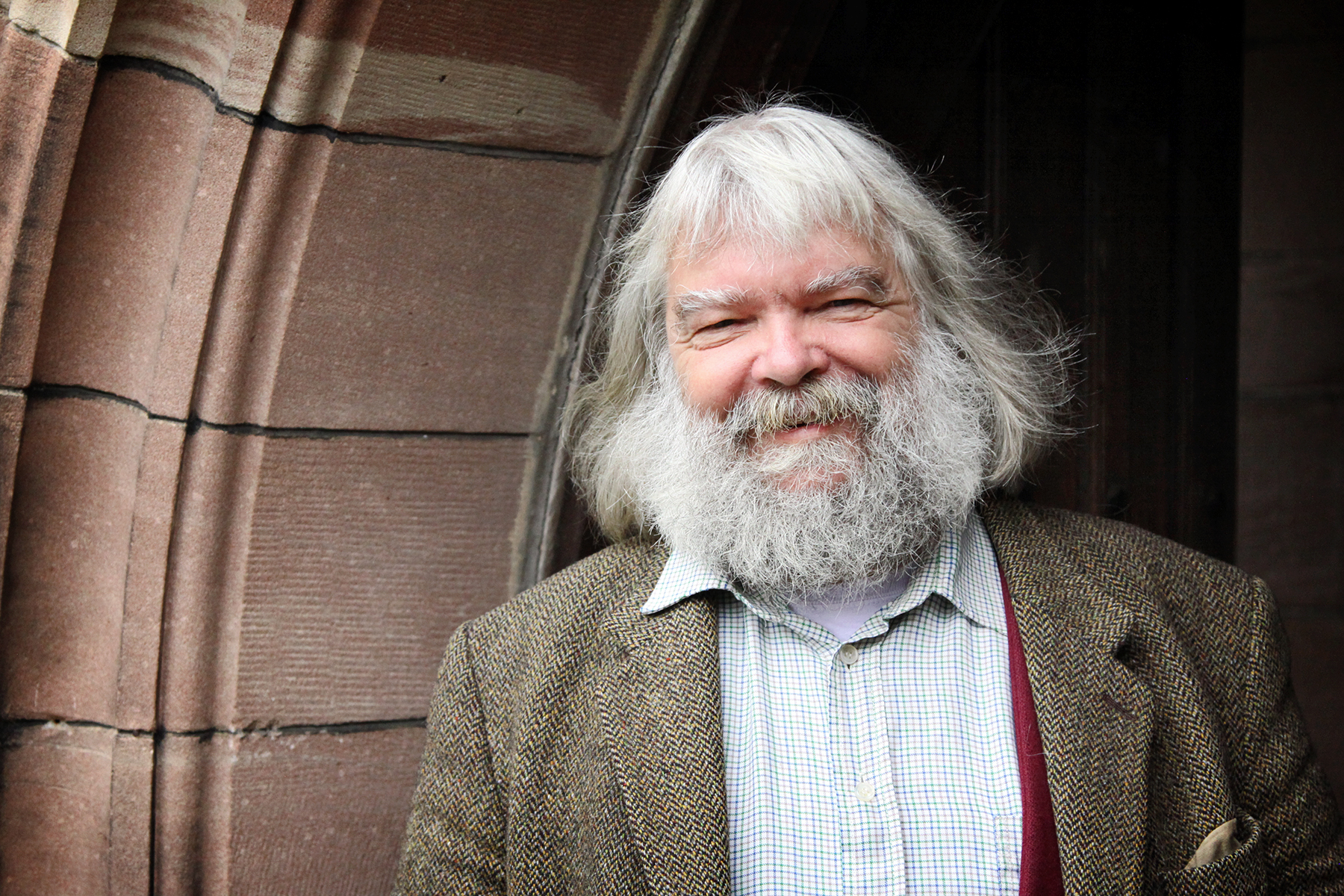
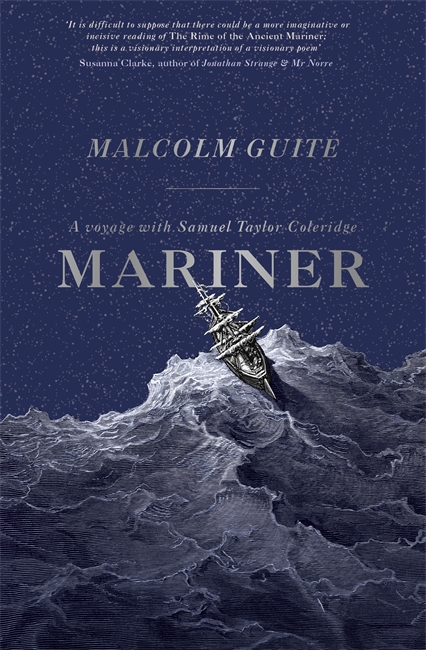

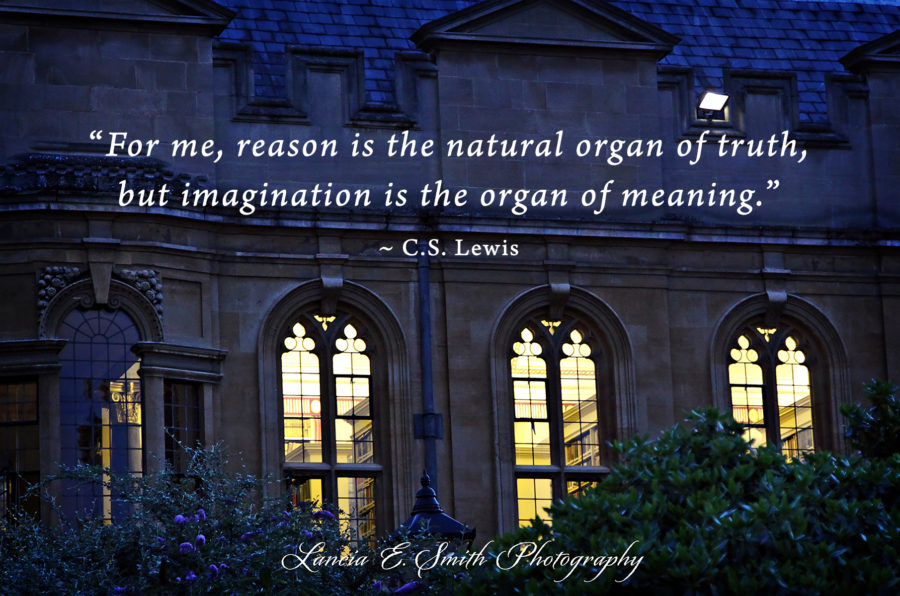
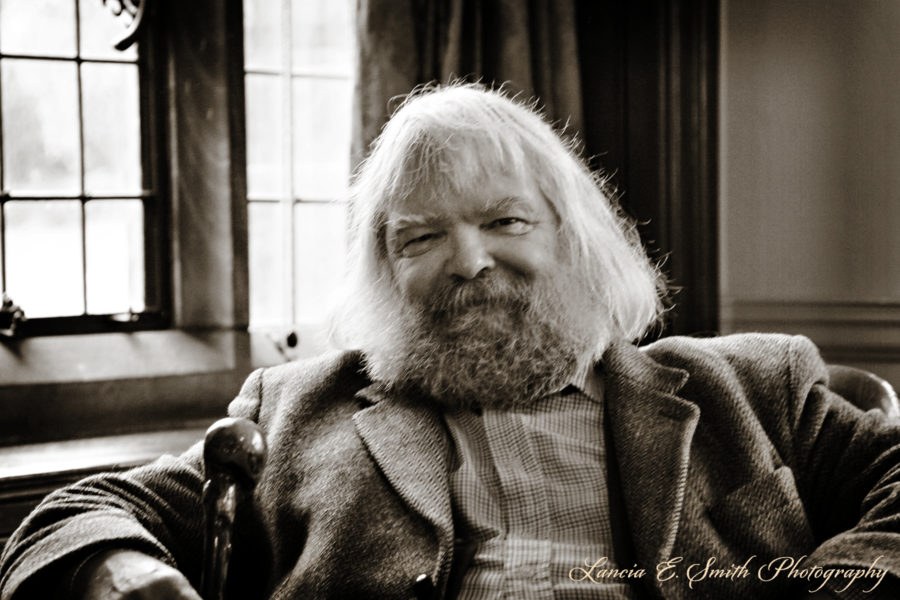
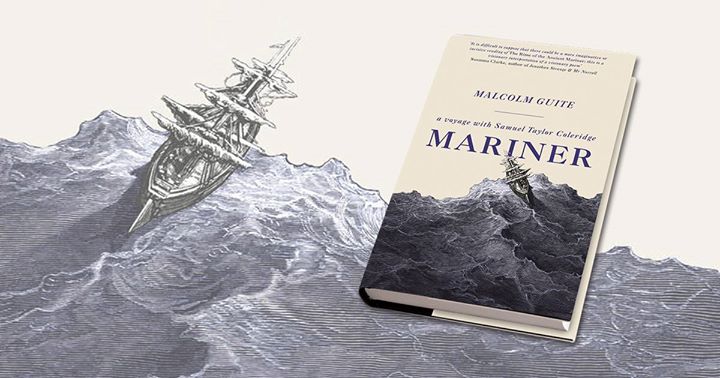
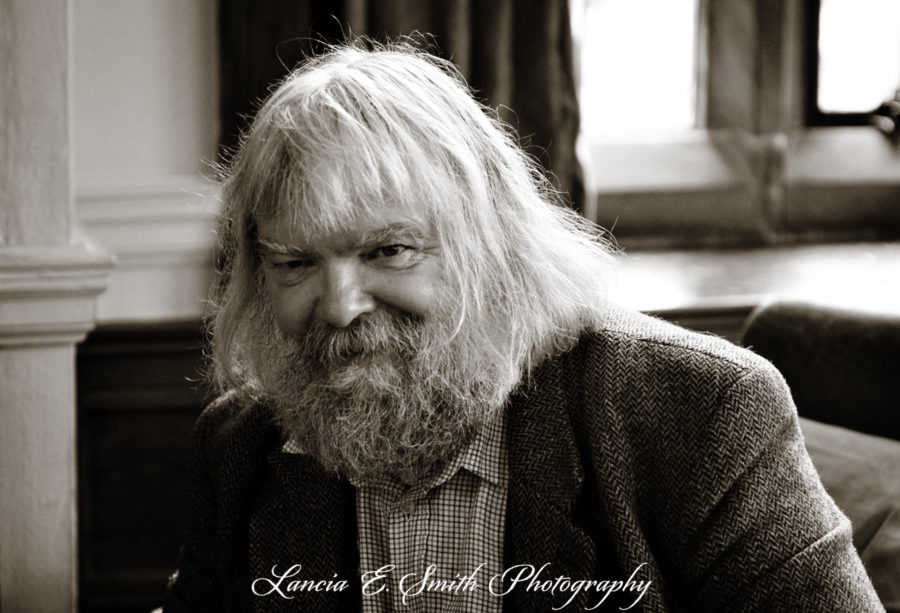
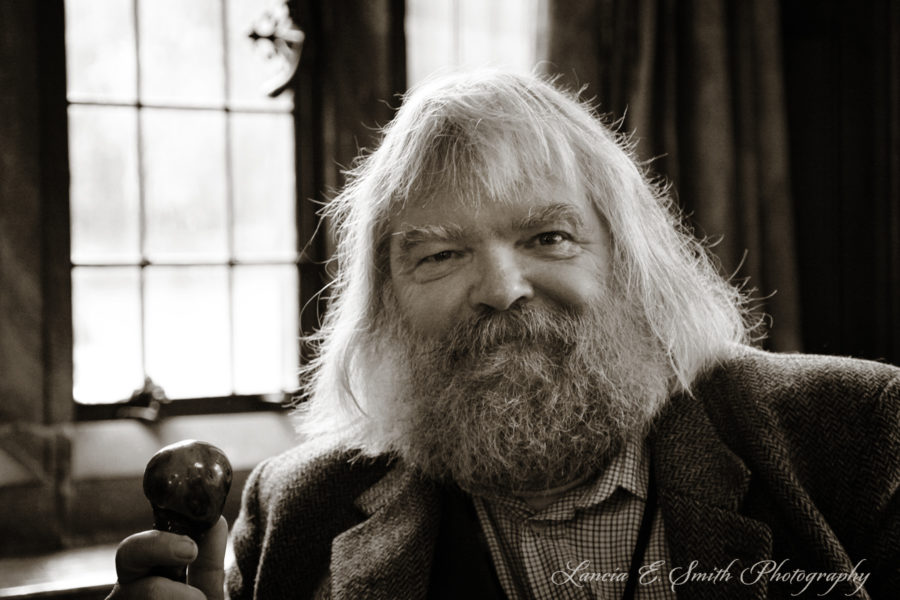
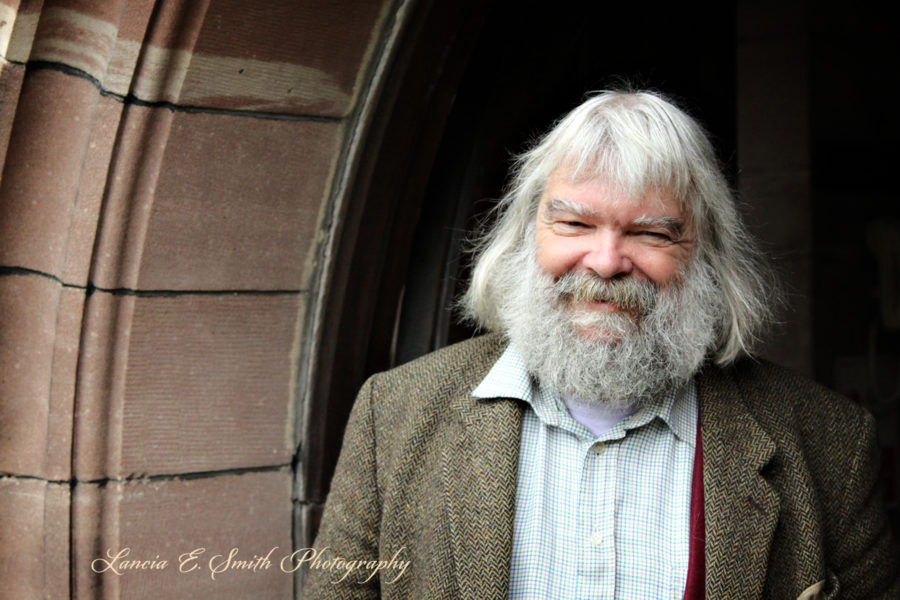
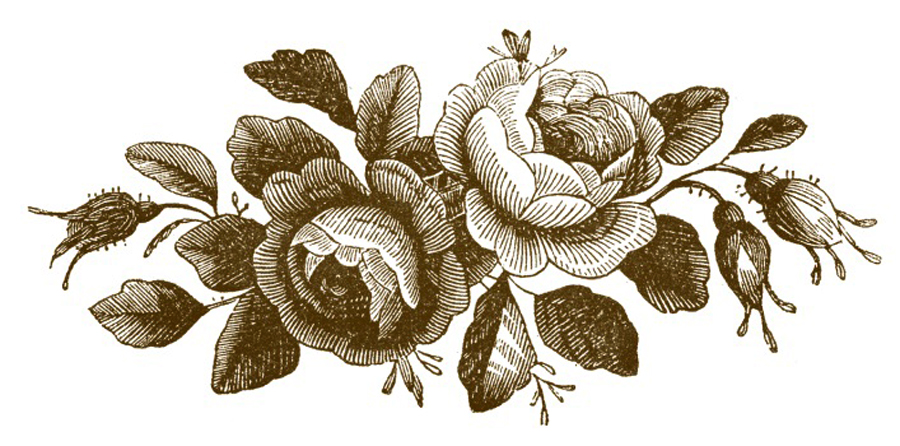
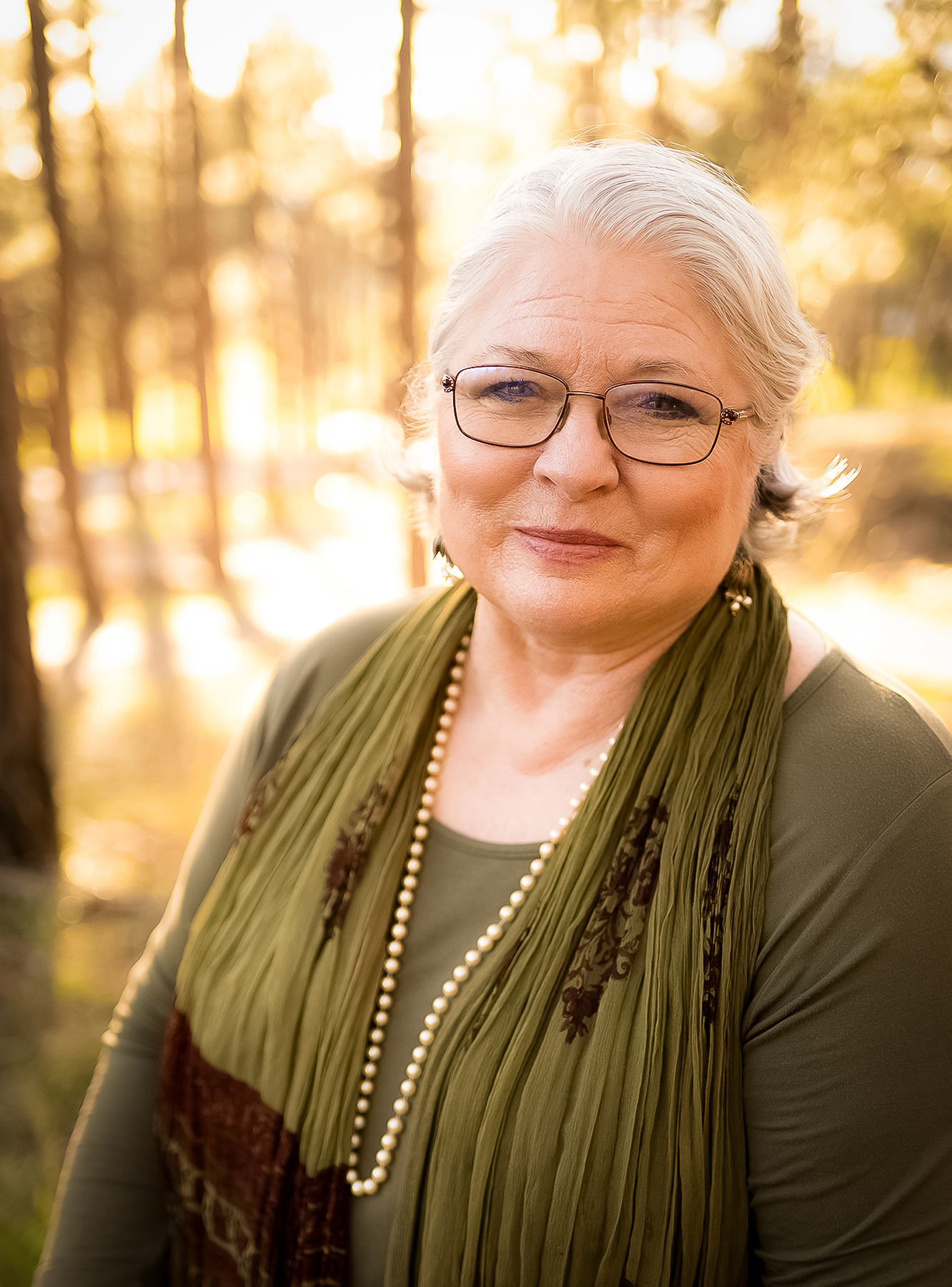
The ongoing effort to redress the disintegrating effects of the enlightenment makes a lot of sense to me, having grown up feeling such frustration and disorientation from those effects. Malcolm’s work has been a huge help and balm in healing those wounds for me. Thanks for this interview!